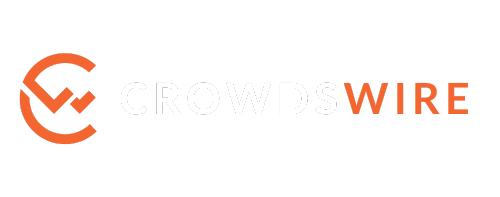Elevate Your Brand's Online Presence
Technical SEO
Optimize Your Site with Expert Technical SEO Services
What is all the buzz about Technical SEO?
Optimizing your website’s technical structure can be one of the most challenging, but ultimately rewarding parts of any digital marketing campaign. After all, there are hundreds (or even thousands!) of small tweaks you can make to your site’s code that will lead to a huge improvement in performance—and that’s exactly why it’s so important not to leave optimization until later on in the process!
The first steps of digital presence include having a website that defines the business and explains the products and services with other relevant offerings such as blogs. All this is coded in a computer programming language for the web that is displayed to different online users.
We have already discussed about SEO in general in our SEO page. We are now going to specifically talk about Technical SEO.
What is Technical SEO?
The three essential elements of technical SEO are the load-time of the page, the interconnections of the site and the readability of the content. This is true for all types of users of the website, but it is especially true for search engine spiders to easily crawl through a fast website with understandable content to rank it high in SERPs. These technical capabilities can be achieved through multiple ways but are dependent on the latest ranking criteria given to bot crawlers.
Technical SEO Optimization
How is a Technical SEO Audit performed?
The effectiveness of technical SEO defines the health of a website and needs to be checked periodically. This is because website development is an ongoing, ever-evolving process owing to its dynamic environment. As the website is deployed on the internet, it often faces bugs which need to be fixed. These affect the performance of the website in real-time, so there needs to be a robust audit.
A good audit plan ranges from weekly to monthly small audits and quarterly or bi-quarterly complete audits. SEO practices keep changing as newer trends appear in the market. To keep up with the competition, you must keep a pragmatic strategy for digital marketing. There are many things you can do to create a technically sound website, including using canonical URLs, using structured data markup, and ensuring that you have proper site redirects. The following is a list of fundamentals to include in your technical SEO audit:
- Load Speed – A technical SEO expert knows how important it is to have a website that loads lightening fast. As per a 2016 survey, users reported they give up on webpages that take longer than 3s to load. Google Page Speed Insights gives you a performance comparison with similar websites and suggests improvements for better click-through-rate (CTR).
- AMP versions have become popular for mobile browsing as they strip the entire data down to bare-minimum
- Security – One of the most important security measures is HTTPS implementation. This requires acquiring SSL certificates which prevents interception between browser and the website allowing for safe keeping of the user’s data. There are also other things that add to the security of a website such as authorized redirects. Redirects may compromise the privacy of the user as there is exposure to unsafe content on the path to safer content. The case is similar for mixed content.
- Sitemap – One step you can take to improve your technical SEO is to create a sitemap. A sitemap is a document that provides an index of all the pages on your website and helps search engines crawl your site more efficiently. The crawlers get to know the intended internal linkages through structured data in case of confusion.
- Internal Links – These need to be checked for various parameters such as depth, which identifies the number of clicks between the home and the current page. Other factors are broken and orphan links in which the former does not display a page and the latter is not linked to the website schema.
- Backlinks – When you are being redirected through a backlink it then forms part of your off-page SEO but when you are linking to an alternative site through your website. Ensuring these backlinks are high quality sources forms a part of your on-page SEO. These need to be frequently checked as they reflect on your legitimacy.
- Crawl your website – You need to go through the search engine’s experience to try and improve it. Everything should work as intended with speed, clarity, and cohesion. This will get you indexed and even ranked faster when you submit an XML sitemap to Google Search Console.


